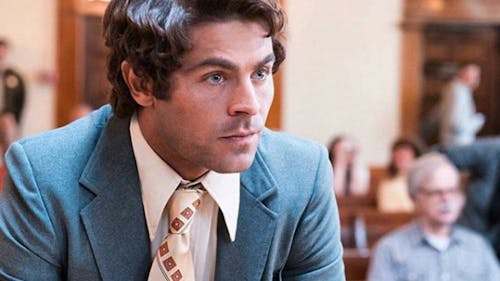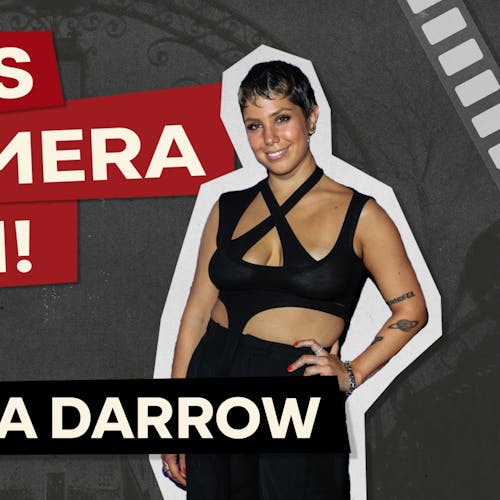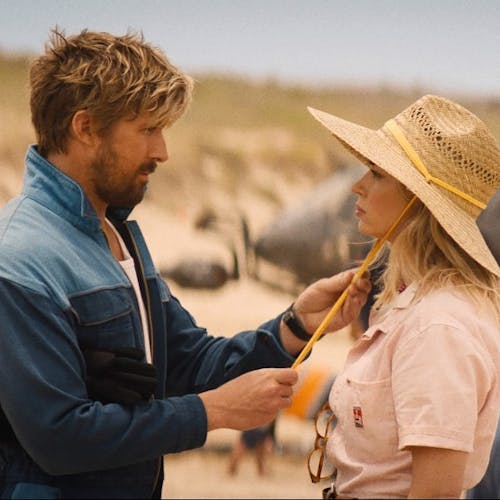Ted Bundy is back: Examining our true crime obsession

To mark the 30th anniversary of the serial killer’s execution by electric chair in 1989, Netflix’s thrilling docu-series “Conversations with a Killer: The Ted Bundy Tapes” was released in the closing days of January. Since its release, people have voraciously discussed the show’s four comprehensive episodes that revisited the twisted psyche of Theodore Robert Bundy, who committed multiple heinous crimes against innocent young women in the 1970s. While it's strange that a story like Bundy’s would be revisited, it's not uncommon for crimes to be dramatically investigated from a modern perspective.
The episodes — aptly titled “Handsome Devil,” “One of Us,” “Not My Turn to Watch Him” and "Burn Bundy Burn" — provide people with deeper historical, social and psychological insight into Bundy as a man and a murderer. Audiences are subject to goosebumps and feelings of disgust when listening to Bundy’s tapes and interviews of lawyers, journalists, victims and affected families.
The prolonged, grotesque and complex nature of the criminal cases he was involved in intrigues modern-day audiences that frequently consume media content like Buzzfeed’s "Unsolved" YouTube series. Famous criminals like Jeffrey Dahmer, Charles Manson and the Zodiac Killer spark morbid curiosity and fascination among people today. Countless articles and videos dissecting convoluted investigations and graphic accounts of crimes from the 20th century saturate the internet.
Nathan Hudson, a School of Arts and Sciences first-year, said that the Netflix docu-series, although disturbing, feels like an accurate experience of the events leading up to Bundy’s crimes. “I think the show was a very truthful narration of what happened in the 1970s and 80s, without being too gory. The show was informative and exhaustively explored the reasoning behind Bundy’s gruesome acts and predatory behavior, without making excuses for him,” he said.
Netflix also recently acquired the controversial Bundy biopic, “Extremely Wicked, Shockingly Evil and Vile,” starring Zac Efron, Lily Collins, Jim Parsons and Kaya Scodelario, that premiered at Sundance Film Festival late last month. The film narrates Bundy’s story from the point of view of his longtime girlfriend, and is set to release later this year on the streaming platform.
The trailer of the film left some people confused and upset, as many thought the creators were hyper-sexualizing and romanticizing Efron as the evil Bundy. But, the creators and cast assured audiences that this was not the case. Interestingly, the film was also directed by the mind behind "Conversations with a Killer: The Ted Bundy Tapes," Joe Berlinger. Berlinger evidently developed an interest and clear understanding of Bundy’s dark mind after leading these two stylistically different projects.
“My first impression of the film is that it seems to present Bundy in a more theatrical and romantic way. But from watching the Netflix series, I learned that Bundy was perceived to be an ordinary, good-looking and perfectly non-violent man at a surface level, even though in reality he obviously wasn’t. That was a part of his appeal and his manipulation," Hudson said.
Another critically-acclaimed story was last year’s "The Assassination of Gianni Versace: American Crime Story," starring Darren Criss of "Glee" as well as Édgar Ramírez, Penélope Cruz and Ricky Martin. Criss plays serial killer Andrew Cunanan in the second season of FX’s true crime show, and won a Golden Globe and an Emmy for his stellar performance.
The show dives into the intricacies of Cunanan’s killing spree in 1997. Cunanan’s many relationships with older men, obsession with wealth and fame (and infamy), troubled family background, masterful manipulation and pathological lying are all woven together to create a haunting viewer experience.
Historical crime as a popular genre today has not only engaged and entertained people, but also provided artists and creators with the opportunity to interpret grisly stories from the past after they've been well-researched and sensitively articulated.
Audiences cannot help but find themselves returning to the gore, psychoanalysis and mystery behind America’s most infamous serial killers. The constant stream of content being released about these criminals makes new, thrilling revelations about crime that only bolsters this genre’s appeal.



